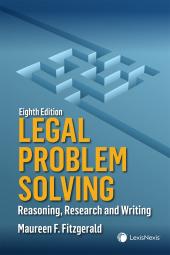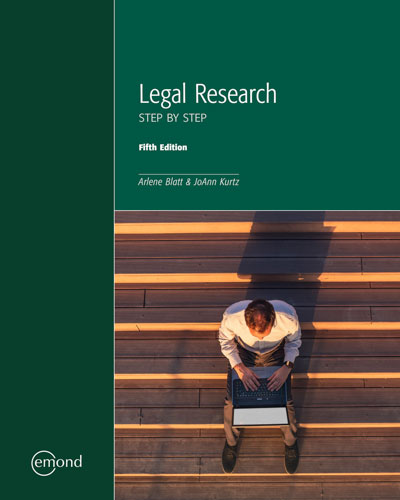
Topic definition is an important stage in the legal research process.
A clearly defined research topic will steer your research, dictate where to start with your research, and help you more quickly find relevant legal information.
If you do not spend time on this Stage, you will likely find yourself down the research rabbit hole looking at sources that, in the end, are irrelevant to your final research product.
In this Stage:
There are two main types of legal research:
Note: Since a JD is a professional degree, law school assignments are often practical in nature, even though you are completing them in an academic setting.
The Topic Definition Stage will vary depending on the type of research, because they have different goals and research products (e.g. an essay versus a memo). For example:
For these reasons, it is hard to describe one process for the Topic Definition stage. But in both types of research, you will want to make sure you have identified all three of the following a) the broad area of law, b) a research topic, and c) your topic scope.
►See Academic Research (on this page) for resources with more specific academic guidance.
►See Practical Research (on this page) for resources with more specific practical guidance.
Areas of law are not particular legal issues. Rather, they encompass broad subjects like health law, environmental law, and constitutional law.
While it may sound obvious, legal researchers sometimes start with a very specific idea of their research topic. Identifying the broader area(s) of law helps you:
These techniques all help you effectively wade through the high volume of legal information—especially case law—that is available using modern research tools.
A research topic is a specific legal issue, problem, or other aspect you want to investigate in your research.
If you are starting from a fact scenario, this is where you will start to identify the legally relevant facts, and then translate those facts into legal issues. Keep in mind:
►For more information on factual analysis and issue determination, see Chapters 1-3 in Legal Problem Solving by Maureen Fitzgerald.
If you are starting from a blank slate, consider the following questions:
►Need inspiration? Check out the legal news and blogs in our Current Awareness guide for ideas of developments in the law.
Refining your research topic means narrowing it to a manageable scope. It will allow you to know what is and isn't applicable to your research.
How you narrow your scope will depend on your topic and also the parameters of the research task; a dissertation will have a much different scope than a 5-page memo.
The following questions can help refine your research topic:
Note: Be prepared for your research topic to change as you start your research. Just because this is the first Stage does not mean that it must be completed fully before you move on.
This is especially true for academic research, where you may broaden or limit your topic based on the number of cases, statutes, and other resources that emerge in your initial research.
For example, say that your topic is one with little or no case law in your proposed jurisdiction, such as the liability of generative AI companies in copyright infringement in Canada. If your assignment parameters require you to conduct case law research, you may need to broaden your topic:
 Law Dissertations: A Step-by-Step Guide
by
Laura Lammasniemi
Law Dissertations: A Step-by-Step Guide
by
Laura Lammasniemi
Chapter 3: From Topic to a Question
 Modern Legal Scholarship
by
Coughlin et al
Modern Legal Scholarship
by
Coughlin et al
 Legal Problem Solving
by
Maureen F Fitzgerald
Legal Problem Solving
by
Maureen F Fitzgerald
 Legal Research: Step by Step
by
Margaret Kerr, JoAnn Kurtz & Arlene Blatt
Legal Research: Step by Step
by
Margaret Kerr, JoAnn Kurtz & Arlene Blatt